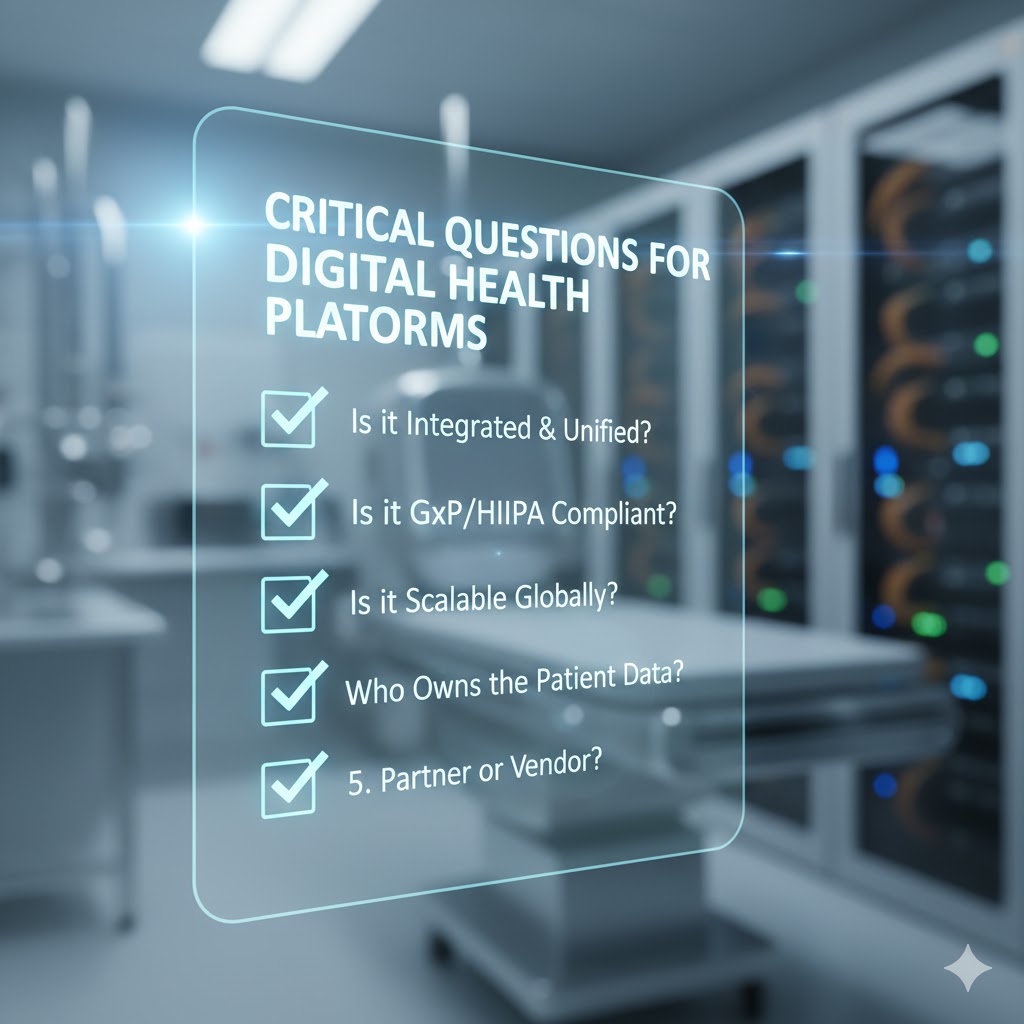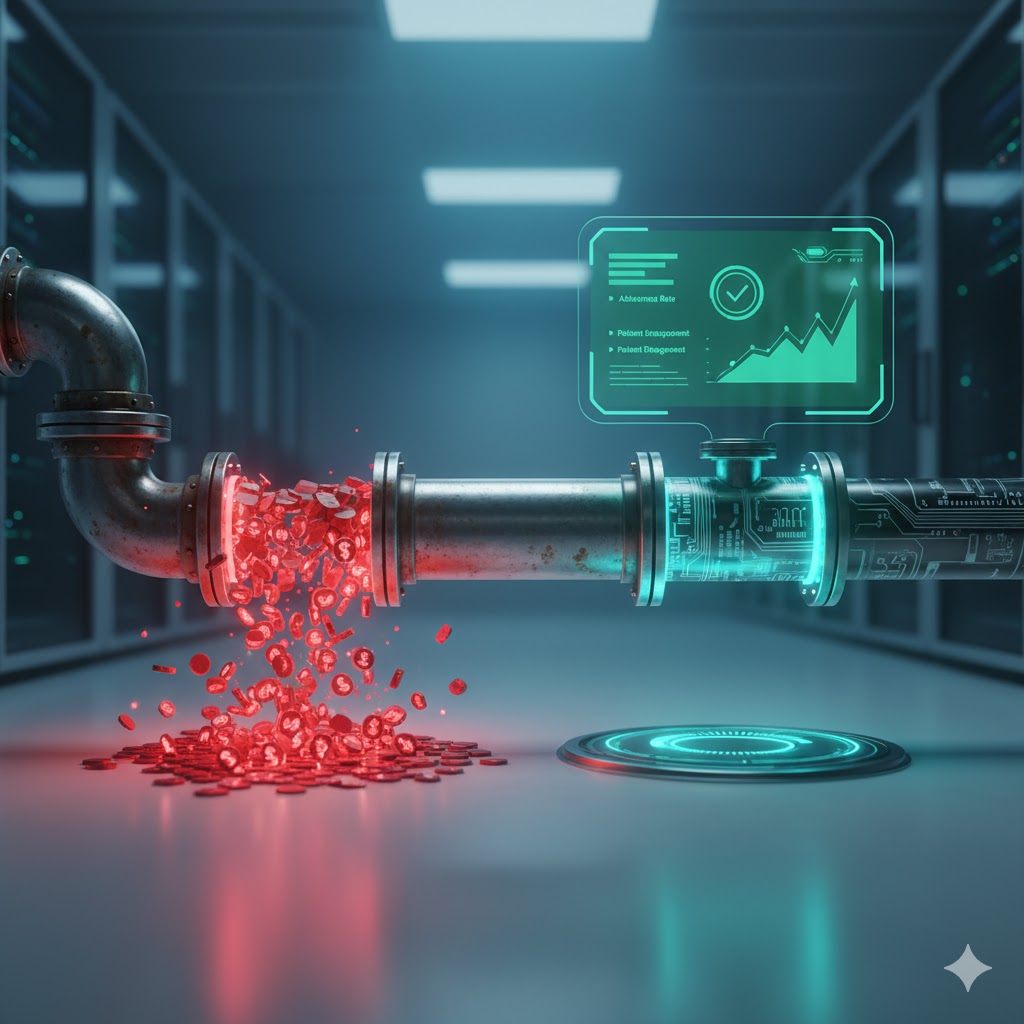How Do Chatbots Improve Patient Care and Experience?
In today's rapidly evolving healthcare landscape, chatbots have emerged as powerful allies, reshaping the patient experience and revolutionizing the delivery of healthcare services. These intelligent conversational agents leverage artificial intelligence (AI) and natural language processing (NLP) to simulate human-like interactions, allowing users to engage in seamless conversations via text or speech. Within the healthcare sector, chatbots are proving to be invaluable assets, offering a diverse array of functionalities that extend far beyond simple information retrieval.
One of the most significant ways chatbots positively impact the health sector is by providing immediate access to medical information and resources. Patients can now receive accurate and up-to-date information on symptoms, conditions, medications, and treatment options with just a few keystrokes or voice commands. This accessibility empowers patients to take control of their health and alleviates the burden on healthcare providers by reducing the volume of routine inquiries and allowing them to focus on more complex cases.
Moreover, chatbots are streamlining administrative processes within healthcare organizations, from appointment scheduling and prescription refills to insurance inquiries and billing assistance. By automating these tasks, chatbots help optimize resource allocation, minimize wait times, and enhance overall operational efficiency. Additionally, they play a crucial role in health education and promotion, delivering personalized content tailored to individual patient needs and preferences. This proactive approach to patient engagement fosters a culture of wellness and preventive care, ultimately leading to improved health outcomes and reduced healthcare costs.
Looking ahead, chatbots' potential to transform patient care and experiences is vast. Ongoing advancements in AI technology promise to further enhance chatbots' capabilities, enabling them to provide more sophisticated diagnostic support, personalized treatment recommendations, and proactive health monitoring. As chatbots continue to evolve and adapt to the unique needs of patients and healthcare providers, they hold the key to unlocking a future where healthcare delivery is more efficient, accessible, and patient-centered than ever before.
Advantages of Chatbots in the Healthcare Industry
The advantages of chatbots in the healthcare industry are manifold, offering streamlined communication and enhanced patient care. These intelligent systems revolutionize healthcare delivery, providing immediate access to information and personalized support.
1. Enhancing Accessibility to Information
One of the key benefits of chatbots in the healthcare industry is accessibility to patient, treatment, and diagnostic information. Chatbots have emerged as invaluable tools, revolutionizing the healthcare industry by bridging the gap between patients and vital information. These AI-powered assistants offer numerous advantages. Firstly, they provide immediate responses, offering 24/7 support ensuring patients receive timely assistance regardless of their location or time zone.
Secondly, they streamline communication, allowing patients to ask questions, schedule appointments, and receive medication reminders efficiently. Moreover, chatbots ensure privacy and confidentiality, maintaining sensitive medical information securely.
2. Personalized Patient Support & Ensuring Data Privacy and Security
One of the paramount benefits of chatbots in the healthcare industry is their ability to offer personalized patient support while ensuring stringent data privacy and security measures. Chatbots can tailor interactions based on individual patient preferences and medical history by harnessing artificial intelligence and natural language processing, fostering a more engaging and effective healthcare experience. Simultaneously, stringent encryption protocols and adherence to data protection regulations safeguard sensitive patient information, instilling trust and confidence in the platform. This personalized approach enhances patient satisfaction and promotes proactive healthcare management, ultimately improving outcomes and advancing the overall quality of care.
3. Streamlining Administrative Tasks
Another crucial advantage of integrating chatbots into the healthcare industry is their capability to streamline administrative tasks efficiently. By automating routine processes such as appointment scheduling, prescription refills, and billing inquiries, chatbots free up valuable time for healthcare professionals to focus on delivering quality patient care. Patients benefit from the convenience of instant responses and seamless interactions, reducing wait times and administrative bottlenecks. Moreover, the accuracy and consistency of chatbot responses contribute to improved operational efficiency and cost-effectiveness within healthcare organizations. This streamlined approach enhances productivity and the overall patient experience by minimizing administrative burdens and optimizing resource allocation.
4. Improving Health Education and Awareness
Improving health education and awareness is another pivotal advantage offered by chatbots in the healthcare sector. Through interactive conversations and personalized content delivery, chatbots are accessible sources of reliable information on medical conditions, treatment options, and preventive measures. By disseminating accurate and relevant health information in a user-friendly manner, chatbots empower patients to make informed decisions about their well-being. Additionally, they play a vital role in promoting health literacy and encouraging proactive healthcare management practices. By enhancing awareness and understanding of various health issues, chatbots contribute to disease prevention and early intervention, ultimately leading to improved patient outcomes and a healthier society.
5. Facilitating Remote Monitoring and Follow-Up Care
Facilitating remote monitoring and follow-up care is a significant benefit of integrating chatbots into the healthcare industry. These intelligent platforms enable healthcare providers to remotely monitor patients' health status and track their progress post-treatment or procedure. Chatbots ensure patients adhere to their care plans and medication regimens through regular check-ins and automated prompts. By collecting and analyzing relevant data, chatbots can alert healthcare providers to any concerning trends or deviations, allowing for timely interventions. This proactive approach not only improves patient outcomes but also reduces the need for in-person appointments, saving time and resources for both patients and healthcare providers. Ultimately, chatbots enhance the continuity of care by providing ongoing support and monitoring, even from a distance.
Challenges of Chatbots for Healthcare
While the integration of chatbots in the healthcare sector brings numerous benefits, there are notable disadvantages that warrant consideration.
Increased Costs
One significant concern is the potential for increased costs associated with implementing and maintaining chatbot systems. Despite their automation capabilities, developing and deploying sophisticated chatbot technology requires substantial upfront investment in software development, training, and infrastructure. Moreover, ongoing maintenance and updates may incur additional expenses, potentially burdening healthcare organizations with financial strain.
Barriers to Adoption and Acceptance
The integration of AI in healthcare represents a significant technological paradigm shift, yet patients are encountering challenges as they navigate this evolving landscape. Many individuals still struggle to adapt to the idea of relying on artificial intelligence for their healthcare needs, expressing concerns about the reliability and trustworthiness of AI-driven systems. Additionally, there is a natural apprehension about relinquishing control over personal health decisions to automated algorithms and chatbot interfaces. Patients may feel apprehensive about the potential implications for the doctor-patient relationship and the quality of care they receive. Moreover, a learning curve is associated with interacting with AI-powered tools, leading to frustration and resistance among some patients. As a result, widespread acceptance and adoption of AI in healthcare may require proactive efforts to educate patients, address their concerns, and foster trust in the capabilities of these innovative technologies.
Lack of Advanced Diagnosis
Another limitation is the current lack of advanced diagnosis capabilities exhibited by chatbots. While they excel at basic triage and information dissemination, chatbots are not equipped to provide complex medical diagnoses or treatment recommendations. Their reliance on predetermined algorithms and limited understanding of nuanced patient contexts restricts their ability to replace healthcare professionals' expertise and nuanced decision-making.
Data Privacy and Security Concerns
Furthermore, concerns regarding data privacy and security pose significant challenges. The collection and storage of sensitive patient information by chatbots raise the risk of data breaches and unauthorized access. Without robust encryption protocols and adherence to strict data protection regulations, healthcare organizations face the threat of data theft and legal repercussions.
Lack of Legal and Medical Accountability
Additionally, the lack of legal and medical accountability inherent in chatbot interactions raises ethical considerations. In the event of errors or misinterpretations, determining liability and ensuring accountability can be challenging, potentially compromising patient safety and trust in healthcare services.
However, despite these drawbacks, it's essential to recognize that chatbots and AI technology in healthcare are continually evolving. Ongoing advancements in machine learning, natural language processing, and medical knowledge databases hold promise for addressing these limitations. With further research and development, chatbots have the potential to complement healthcare professionals by enhancing efficiency, improving patient outcomes, and expanding access to quality care. By leveraging these advancements responsibly and ethically, the healthcare industry can harness chatbots' transformative power to revolutionize patient care positively.
Conclusion
As virtual assistants and AI-powered conversational chatbots continue to proliferate across various healthcare settings, their prominence underscores the profound benefits they offer to medical professionals and patients.
The exponential growth of the healthcare chatbot market, as revealed by Verified Market Research, reflects the increasing recognition of their value in improving patient care and experience. With a market size projected to reach USD 943.64 Million by 2030, at a remarkable CAGR of 19.16% from 2022 to 2030, it's evident that chatbots have become integral to the modern healthcare landscape.
AI chatbots have enhanced patient care by providing timely access to information, facilitating efficient triage, and offering personalized support around the clock. Moreover, they streamline administrative tasks, optimize resource allocation, and improve operational efficiency for medical professionals, allowing them to focus more on delivering quality care. By embracing chatbot technology, healthcare organizations can meet the evolving expectations of digital-savvy patients while enhancing overall healthcare delivery. As chatbots continue to evolve and advance, their potential to revolutionize patient care and experience remains unparalleled, ushering in a new era of innovation and efficiency in the healthcare industry.





